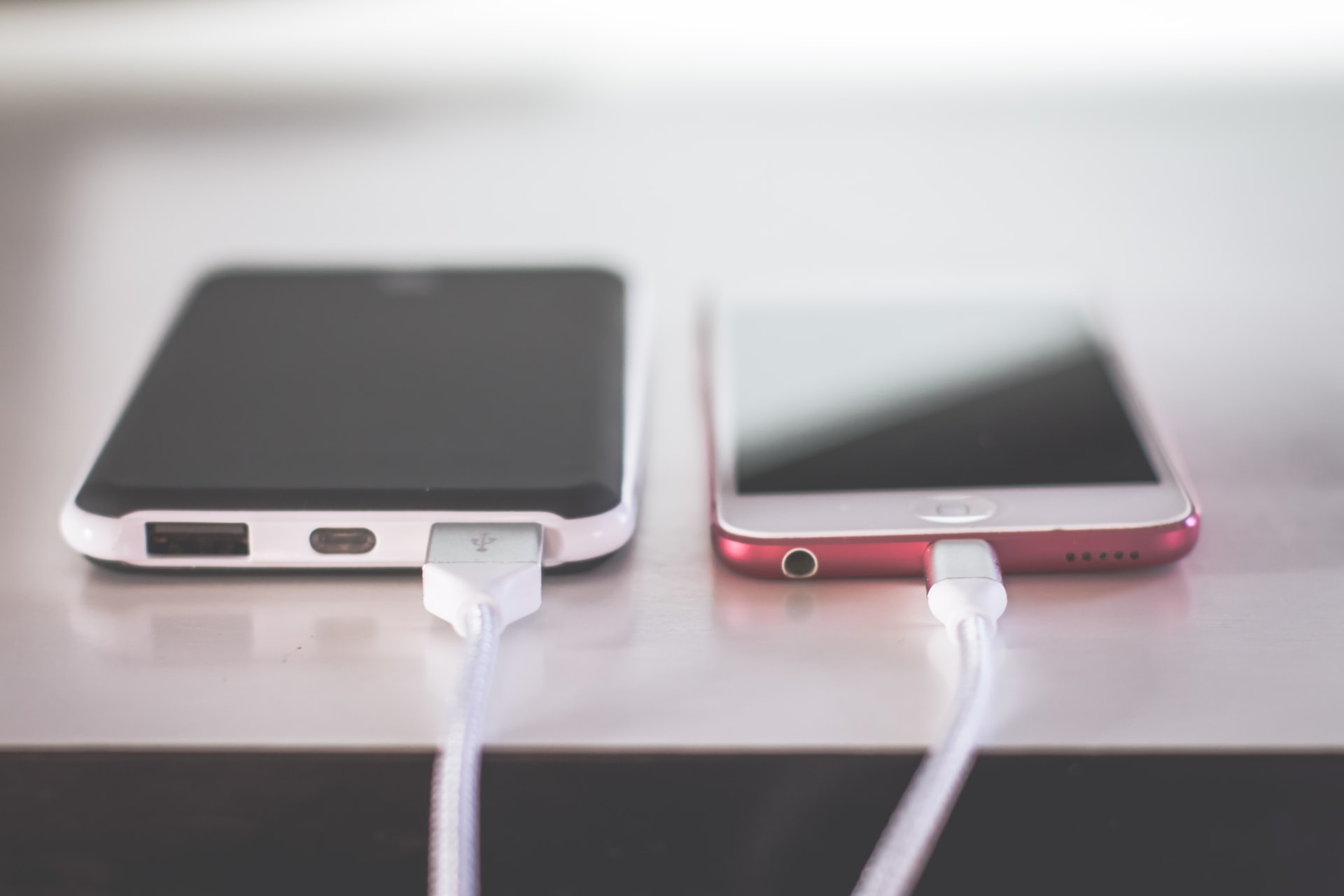Do you know about calling 159?
You can call 159 to speak to your bank if someone calls you and:
- Claims they’re from your bank,
- Asks you to transfer money or make a payment,
- And/or wants to talk about your finances and it doesn’t seem right.
If you think someone might be trying to trick you into sending them money, sharing your financial details or sharing your personal details, just hang up and call 159, using a different phone if you can.
Calling 159 will get you through to your bank if you think you’re being scammed. That way you can check whether or not it really was your bank on the line.
Be aware that 159 will never call you. If you get a call that appears to be from 159, and claiming to alert you to a scam, and asking that you move your money… that’s a variant of a particular kind of phone scam.
159 has been set up by a group of UK banks and telephone companies who have formed Stop Scams UK. The banks involved cover over 70% of UK current account holders, so your bank is probably involved. You can find out more here.
It’s a pilot scheme at the moment, but Stop Scams UK would like even more banks to join in, and for Ofcom to make the number universal—like 101 or 999 for the Police, or 111 for NHS Direct.
Why do we need 159?
In the first six months of 2021, criminals stole over £355m from individuals and small businesses by pretending to be banks, utilities, or other service providers, and persuading people to make a payment or to transfer money. (Media — Stop Scams UK)
This kind of fraud, when people are manipulated by criminals into making immediate payments, was 60% up on the equivalent level in 2020, and the losses were 71% higher. Therefore, the problem is getting worse.
So far, over 75,000 calls have been made to 159 since it launched last September, so word is already spreading. Remember: if someone phones you up to talk about your money, or to ask for payment, call 159 (from a different phone if you can).
Why do we say use a different phone?
The problem with using the phone that you were just called on is that, even if you hang up, the call is not necessarily disconnected.
Scammers can keep the line open, and then pretend to be your bank when you call. And they can be very convincing…
If there’s no other phone available, wait at least 10 minutes before trying to call your bank.
All the usual numbers you would use to call your bank will still work. 159 is intended as a memorable, quick and easy way to check whether a call you have received is genuine.
Sign up to our newsletter for more information and tips, or call the Click and Protect team on 0113 733 6230.





